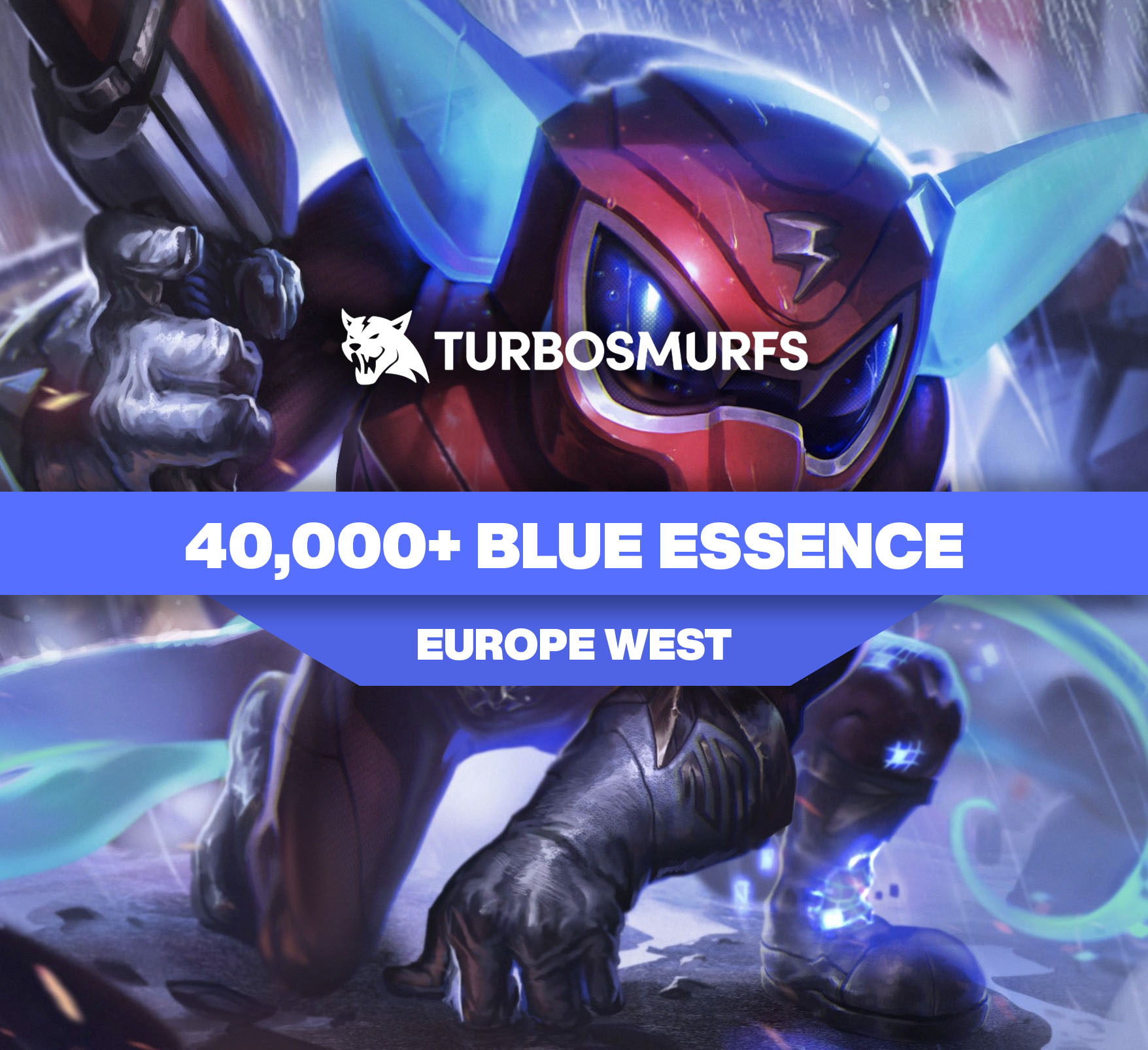
Wasted on Valorant: Check how much time you Spent Playing

Ever looked at the clock after what seemed like a quick Valorant session? Only to find hours gone? That moment of shock when it's 3 AM is eye-opening.
Valorant's gameplay is so engaging, time slips away quickly. One match leads to five, and your evening vanishes in the digital world. The game's mix of tactical shooting and character abilities is perfect for losing hours.
Wondering how many hours you've spent on Valorant? You're not alone. Many players want to track their time spent, but find that Riot Games doesn't have a counter.

But third-party platforms can show your playtime accurately. Tools like Tracker.gg give detailed stats on your Valorant journey. They show hours played in different game modes and with various agents.
Whether you're proud of your dedication or a bit worried about your gaming habits, knowing your playtime is key. It helps you balance your schedule better. Let's see how to find out those surprising numbers behind your Valorant time.
The Reality of Time Invested in Tactical Shooters
Every Valorant rank and achievement comes with a hidden cost: hours spent playing. Games like Valorant are made to keep you playing for hours. They have ranking systems, updates, and ways to improve your skills, making you want to play just one more match.
These games are designed to be addictive. Developers use strategies to make you feel good when you win or level up. This is why it's key to track your time wasted on Valorant. What seems like a quick game can turn into hours.
Playing these games can improve your skills. You get faster, think better strategically, and learn to work with your team. These skills can even help you in real life, like making quick decisions or communicating well.
But, there's a point where playing too much becomes a problem. Most Valorant players play 8-14 hours a week. Some play even more. When you compare this to your own playtime, you might be surprised.
Game companies look at how long you play and how often you come back. Your Valorant time wasted is important to them. It shows how well their game keeps your attention.
Whether your time is well spent or wasted depends on your goals and life balance. You need to practice to get better, but not at the cost of other important things. Knowing how many hours you've played Valorant helps you see if it's worth it.
Tracking your playtime isn't about feeling guilty. It's about making smart choices about how you spend your free time. Gaming should make your life better, not take over your life.
How Much Time Have You Wasted on Valorant?
Ever wondered how many hours you've spent playing Valorant? It's easy to lose track of time while climbing ranks or mastering your favorite agents. If you're curious, finding your total playtime isn't as simple as with other games.
Riot Games doesn't have a built-in playtime tracker in Valorant. This choice is made to avoid discouraging players who see how much time they've spent. Some players like knowing their investment, while others might not.
To find out how much time you've spent on Valorant, you need third-party tracking solutions. These tools connect to your Riot account and calculate your playtime based on your match history.
These trackers measure in-match time, not time spent in menus or queuing. So, your actual time playing Valorant is probably higher than what these tools show.
While these tools are useful, they have some limits. Valorant's API doesn't give full historical data. So, most trackers can only show playtime from when you started using them. Some tools can estimate your total time, but these are not exact figures.
If you play on multiple accounts or in different regions, you'll need to track each separately. This is because you have to combine the results to get a full picture of how much time you've wasted on Valorant.
Discovering your total playtime can be a mixed bag. Some players feel proud of their dedication, while others are shocked at how fast time adds up. Either way, knowing your playtime can help you make better choices about your gaming habits.
In the next section, we'll look at the best third-party tools for tracking your Valorant hours. We'll help you find the right tool for your needs.
Best Third-Party Tools to Track Your Valorant Hours
Third-party apps give you detailed insights into your Valorant playtime. They are key for players who want to understand their gaming habits or boost their skills. Let's look at the top tools to see how much time you've spent playing Riot's tactical shooter.
Tracker.gg is the gaming community's top choice for Valorant stats. It offers detailed data on your gameplay, like total hours played and agent performance. Its easy-to-use interface and strong security make it a favorite among millions of Valorant fans..
Setting Up Your Profile
Starting with these valorant tracker tools is easy. For Tracker.gg, just visit their website and search for your Riot ID. Your profile will be created automatically, using Riot's API without needing your password.
Blitz.gg needs you to download their app. After creating an account and linking your Riot ID, the app collects data in real-time. This gives you immediate feedback but uses a bit more system resources.
All these platforms keep your privacy safe by using only public game data. They don't need your Riot account details, making them secure options for tracking your gameplay.
Reading Your Time Statistics
Once your profile is set up, finding your total time wasted on Valorant is easy. On Tracker.gg, go to the "Overview" section to see your playtime. It shows your hours by competitive seasons, game modes, and agent selection.
Remember, most trackers count playtime by match duration, not client uptime. This means they measure actual gameplay hours, not time spent in menus or queues. For the most accurate time assessment, use data from multiple tracking tools.
Each platform updates your stats differently. Tracker.gg updates every 30 minutes, while Blitz updates in real-time after matches. This might cause slight variations, but all give reliable info on how much time you've spent on Valorant.
Making Sense of Your Valorant Playtime Data
Discovering how much time you've spent on Valorant can reveal a lot. It's not just about the hours. It's about understanding your time investment.
Knowing where you stand in the Valorant community is key. Casual players play 5-10 hours a week. Dedicated players play 20+ hours. If you're playing a lot but not improving, it's time to check your practice.
Your playtime data shows patterns you might not see. For example, you might play one agent 80% of the time. This could limit your skills in competitive play.
Playing more doesn't always mean you're getting better. Many players hit a "plateau" where more hours don't help. If you're stuck in the same rank, look at how you spend your time. Use tools like Tracker.gg to see where you can improve.
- Rank progression ratio: See how many hours it takes to move up a rank
- Agent diversity score: Check how evenly you play different agents
- Map performance analysis: See how you do on different maps
- Weapon proficiency metrics: Find out how well you use different weapons
- Practice-to-match ratio: Balance training with competitive play
Tracker.gg and similar sites offer more than just stats. They show detailed match histories. This helps you see where you need to improve, not just play more.
Look for patterns in your stats that show your strengths and weaknesses. Maybe you're great at pistol rounds but struggle with money management. Or maybe you do poorly on certain maps.
Improvement comes from focused practice, not just playing a lot. Two hours of intentional practice is better than ten hours of random play. Make a plan to practice on your weaknesses.
By carefully looking at your Valorant playtime, you can turn wasted hours into valuable insights. This can help you improve faster and enjoy the game more.
Conclusion: Balancing Gaming and Life
Figuring out how much time you've spent on Valorant isn't about guilt. It's about being aware. Time spent playing games isn't wasted. It builds skills, creates friendships, and relieves stress, often better than other activities.
But balance is key. If you're surprised by how much you've played, try setting limits. Play two matches instead of four on weeknights. Or make some days Valorant-free. These small changes can help a lot without losing your competitive edge.
Watch for signs that gaming might be taking over:
• Skipping meals or sleep for "just one more match"
• Regularly canceling plans with friends or family
• Falling behind on work or school
• Feeling upset when you can't play
The question "how much time have I wasted on Valorant" changes when you use it to make better choices. Track not just your playtime but how you feel after playing. Sometimes, a short match can be more satisfying than a long one.
Your Valorant journey is unique. Whether you've played 50 hours or 500, it's about how it fits into your life. Use tracking tools to understand your progress, celebrate it, and make gaming a healthy part of your life.

